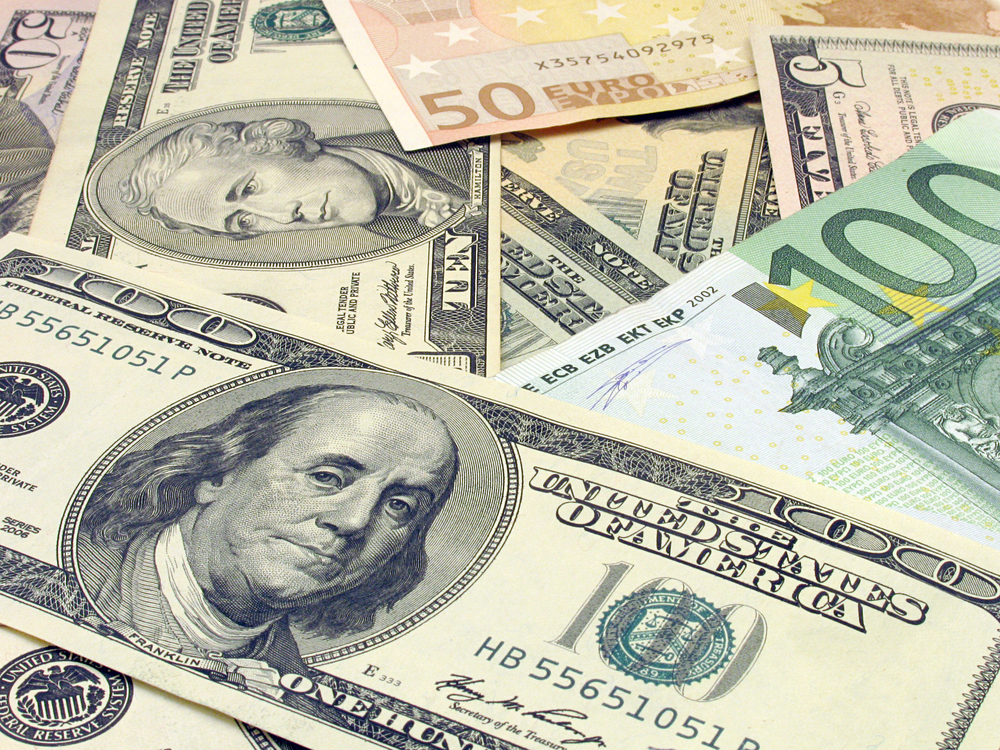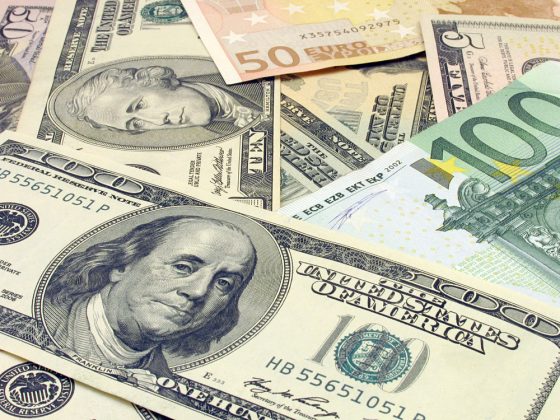How clean is cash? Dutch research into filthy lucre wins Ig Nobel


The search for the banknote most likely to pass on infectious diseases has resulted in the Ig Nobel prize for economics for Dutch and Turkish scientists.
The Ig Noble prizes, awarded for offbeat scientific discoveries, are meant to make people laugh, then think and were awarded for the 29th time at Harvard University on Thursday evening.
Microbiologist and infection prevention expert Andreas Voss, his son Timothy and Turkish scientist Habip Gedik shared the economics prize for discovering that Romanian bank notes are the most susceptible to picking up germs.
Voss stumbled on the idea of banknote research during a trip to China while fingering a pile of dirty banknotes, he told the NRC. Together with Gedik and his son, he decided to compare the hygiene of euros, Indian rupees, Croatian kunas, American dollars ‘and a handful of other currencies left in a drawer’, Voss told the paper.
Voss and his team sterilised the banknotes, then infected them with three resistant bacterial strains, including MRSA and E.coli. After two hours they checked which had survived. In a second experiment the infected notes handled by people to measure transfer.
Rumanian Leu banknotes looked the filthiest and were the filthiest, the research showed. ‘All the strains survived and ended up on the hands of the tellers. The rupee and the kuna felt dirty but weren’t. ‘Grimy looking banknotes are not always sources for infection,’ Voss told the paper.
The E.coli strain survived on the euro but didn’t end up on the tellers’ hands. The American dollar, Voss said, was the banknote that struck him as one of the dirtiest of all, because it looked clean and crisp but turned out to be a good environment for MRSA.
Paper
Voss thinks the paper used influences bacterial survival. ‘I have been contacted by banks about the right sort of paper but that is not something covered by the research,’ he said.
The whimsical nature of the award is something Voss thinks works well with his attempts at getting a serious message across. ‘The prize is up my street. I always try to use humour to explain that micro-organisms are all around us and that we need to wash our hands after going to the toilet. I myself am among the measly 15% that does,’ the paper quotes him as saying.
The Ig Noble prize is a Zimbabwean banknote for (a clean) ten billion dollars. Other winners included research into the scrotum temperature of naked and dressed French postmen, while Italian scientists found that pizza is healthy as long it is made and eaten in Italy.
Thank you for donating to DutchNews.nl.
We could not provide the Dutch News service, and keep it free of charge, without the generous support of our readers. Your donations allow us to report on issues you tell us matter, and provide you with a summary of the most important Dutch news each day.
Make a donation